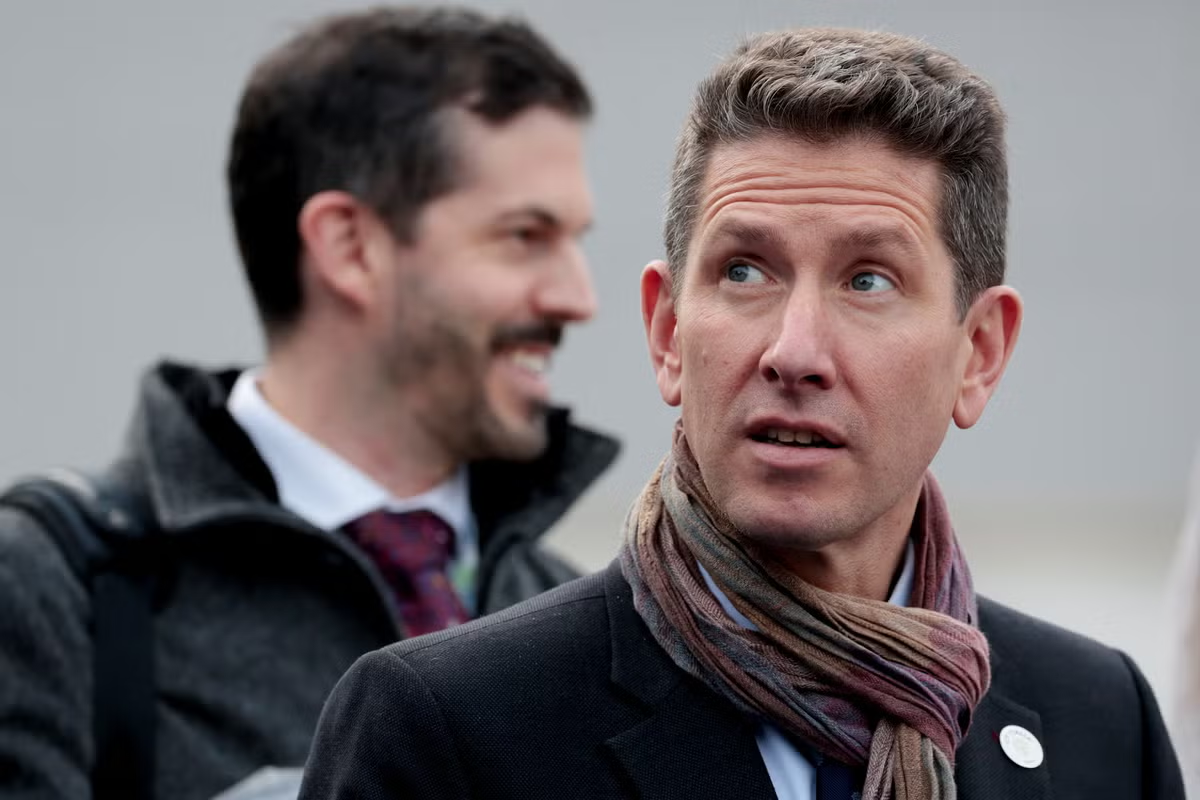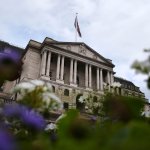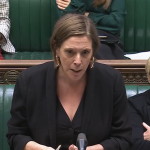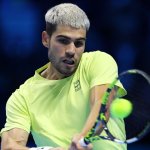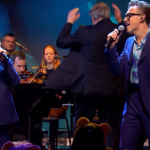Communities all over the world are trying to manage the coronavirus crisis, with varying amounts of support from governments. We contacted people who used to fight in the guerrilla movement The Revolutionary Armed Forces of Colombia (FARC-EP), to see how they were coping.
These men and women often live communally in remote rural areas of Colombia and their complex relationships with other communities and the government have made pandemic life difficult.
The Colombian government signed a peace deal with the FARC-EP in 2016. Now, more than 13,000 former combatants live as civilians. Some have taken a collective path, entering civilian life as communities. Others have gone it alone, starting their own businesses, entering the job market or returning to their families.
In March 2020, when the first case of COVID-19 was registered in Colombia, more than one-quarter of ex-combatants were still living in the special territorial areas that were set up in 2017 to help reincorporate them into the civilian population.
Others had moved mainly to rural areas, where many ex-combatants also live in groups, outside formal territorial areas. Ex-combatants in these rural areas are facing particular challenges during the pandemic. When we asked leading figures what was happening, many said that, like most of us, they did not understand what was going on at first. One man from a group in Guaviare Department in the southern central region of Colombia explained:
For ex-combatants it is a very new subject, we had no experience in handling it, there was misinformation and fear in the collective, which we gradually clarified.
But, given their history of living in collectives, and their current circumstances, many felt they had a responsibility to address the situation as a group. Everyone we spoke to was monitoring the news and government guidance. They discussed the situation with other ex-combatants, both in different areas and in their own collectives. They have also been holding virtual meetings with government representatives and organisations involved in the peace process and received guidance from the FARC political party.
Community meetings are held periodically in areas where ex-combatants live together to address the challenges they face in their communal way of life. These have been used to agree collective measures to manage the spread of COVID-19.
To comply with national and local government measures, communities adopted hand washing and social distancing. They also banned mass meetings, put limitations on entry and exit from their areas and restricted residents’ movements. They even formed community guards to impose overnight road closures so that COVID-19 wouldn’t be brought in or carried out. As one leader of an ex-combatant community explained:
We formed the guard to prevent unknown people from entering and bringing the virus and to prepare food for those who need care in the community.
However, rural underdevelopment and ongoing armed conflict make it extra difficult for former fighters to react to the pandemic. Everyone we spoke to highlighted problems with the health system and the limited support they received from government institutions that are particularly weak in their remote rural areas.
Those living in groups in these settings are struggling with poor sanitary conditions and few health services. The Agency for Reincorporation and Normalization (ARN) has distributed food aid and cleaning and disinfection kits, among other forms of support. But many communities still lack basic infrastructure, such as handwashing facilities, that could help prevent the spread of COVID-19.
As an ex-combatant in Tolima Department in the centre-west of the country told us:
No institution has come to provide us with health support, the economy. Practically, the reincorporated [ex-combatants] and peasants have defended ourselves with what we produce on the farm, [this is how] we survive.
Meanwhile, armed groups have continued to clash over control for territories in Colombia. Some of these armed groups have imposed brutal COVID-19 measures in their territories, including curfews. They threaten and even reportedly kill those who don’t comply. The problem is especially pronounced in the rural areas and regions that are central to illicit economies, such as coca production.
Violence against ex-combatants and social leaders promoting the peace process has continued unabated.
Ex-combatants told us that they have avoided going out alone at night or to unknown places. Doing so is now even more dangerous than it was before pandemic because there are fewer people around. Some women have reported being targeted by armed groups while complying with quarantine measures at home.
Many ex-combatant communities have increased collective security measures in response to these threats as well as the pandemic. But those living in cities have not had the same access to collective support. Many don’t live in groups and have relied on their families and government assistance. The ARN, which follows ex-combatants as they reintegrate into civilian life, is trying to communicate with these people.
As one former fighter in the capital, Bogotá, told us:
Problems are usually resolved alone or with family in cities…support among former guerrillas has been more difficult…We have faced [the pandemic] as a family … [and] have been in contact with ARN officials, who have individually called all ex-combatants.
For all ex-combatants we spoke to, there was a sense of uncertainty about how they could remain safe during the pandemic and how they can earn a living. As one summarised the situation:
The most serious problem is economic, the ex-combatants’ ability to go out to work … illegal groups and crime remain in the territory, so security problems remain.
While the work of implementing Colombia’s peace agreement has continued virtually during the pandemic, these particular challenges faced by former FARC-EP members could put a strain on the peace process by undermining the trust in the government’s ability to support and protect.
Anastasia Shesterinina does not work for, consult, own shares in or receive funding from any company or organisation that would benefit from this article, and has disclosed no relevant affiliations beyond their academic appointment.


